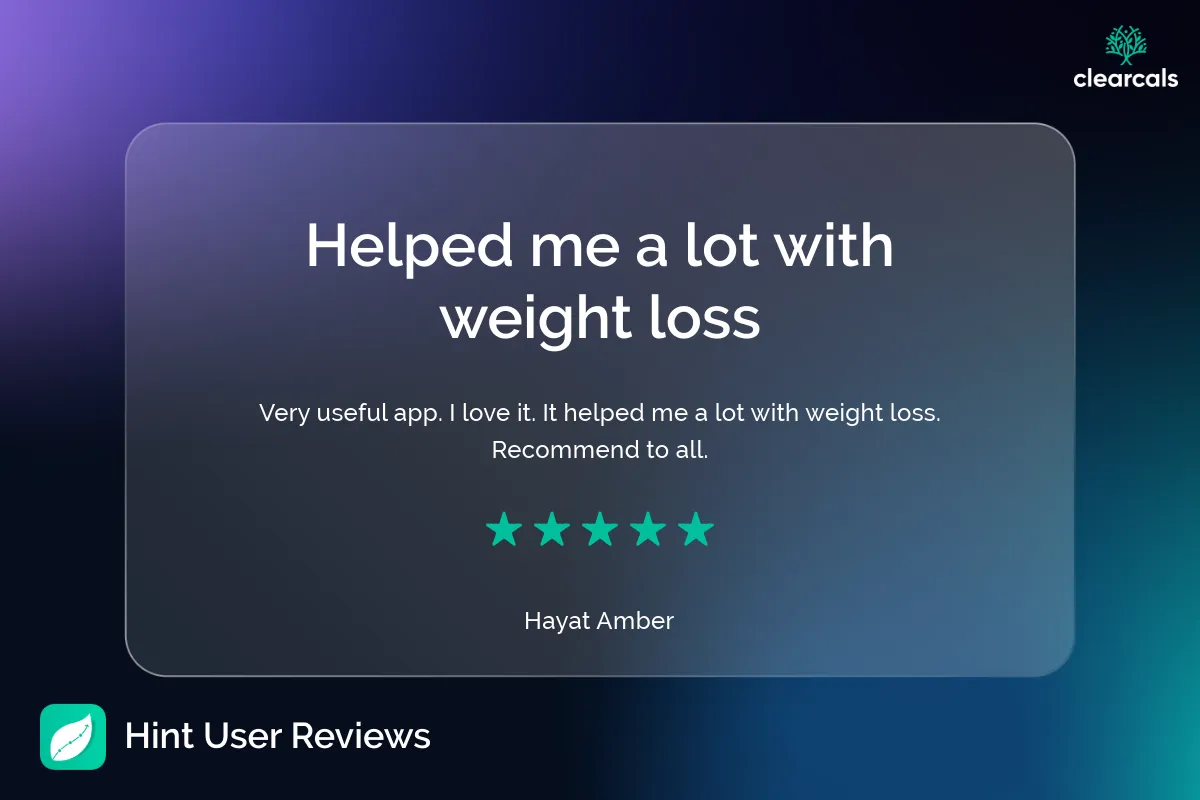Looking for an Indian Food Calorie Calculator?
Weight Loss Tip #4: Reduce Saturated Fat

Saturated fats are typically solid at room temperature and are found in animal products such as mutton, beef, pork, and full-fat dairy products like cheese and butter. Certain oils, such as palm and coconut oil, are also high in saturated fat.
While they may enhance the taste and texture of your food, consuming a diet rich in saturated fats can lead to weight gain and other health complications.
To achieve weight loss, it’s crucial to reduce your intake of these unhealthy fats.
The Impact of Saturated Fat on Weight Loss
Saturated fats are calorie-dense, which means even small amounts can quickly push you over your daily calorie limit. This leads to weight gain and increased hunger, as the high-calorie count doesn’t translate to a large quantity of food.
Reducing your intake of saturated fat and replacing it with healthier fats like monounsaturated fatty acids (MUFA) and **polyunsaturated fatty acids (PUFA)**—found in nuts, seeds, and oils like olive oil—can promote weight loss and improve overall health.
Research shows that individuals on low-fat diets experience consistent weight loss, making it a proven strategy for those looking to shed extra pounds.1
How Much Saturated Fat Should You Eat?
According to the WHO and US Dietary Guidelines, saturated fat should make up less than 10% of your daily calorie intake.
For instance, if your daily goal is 2,000 kcal, no more than 200 kcal should come from saturated fat, which equates to approximately 22 grams of saturated fat.
To put this in perspective, a 100-gram bar of Cadbury Dairy Milk Silk contains 19 grams of saturated fat—more than 80% of the daily limit for someone on a 2,000-calorie diet.
Foods high in saturated fat are also calorie-dense, meaning they pack more calories per gram than healthier alternatives. This makes it easy to overconsume calories without feeling full, which can hinder weight loss.

Making Smarter Food Choices with the Hint App
Reducing your saturated fat intake doesn’t mean you have to deprive yourself of delicious meals. By making smarter food choices, you can enjoy satisfying and nutritious meals that support your weight loss goals.
The Hint app makes it easy to track your saturated fat intake and helps you identify foods that are lower in unhealthy fats.
The recipes section of the Hint app offers curated tabs featuring recipes that are either high or low in saturated fat. By choosing meals from the low-saturated fat category, you can reduce your intake of unhealthy fats while still enjoying flavorful food.
The app also allows you to track your fat intake, making it easier to stay within your daily limits.

Indian Diet Chart for Weight Loss
If you're looking for a comprehensive approach to weight loss, the Hint app offers a personalized Indian Diet Chart for Weight Loss through its Hint Pro and Hint Premium subscriptions.
These diet plans are specifically designed to fit your unique needs and preferences, ensuring you get the right balance of nutrients while avoiding excessive saturated fat.
With access to hundreds of low-fat, protein-rich recipes, you can make smarter food choices that align with your weight loss goals.
Final Thoughts
Cutting down on saturated fats is a simple yet powerful way to accelerate your weight loss journey. By choosing healthier alternatives like MUFAs and PUFAs, you can reduce your calorie intake without feeling deprived.
The Hint app, with its comprehensive tracking tools and personalized diet plans, makes it easier to identify and reduce foods high in saturated fat, supporting sustainable weight loss.
Whether you're aiming to lose weight or simply improve your overall health, the Indian Diet Chart for Weight Loss available through Hint Pro and Hint Premium ensures that you stay on track with balanced, low-fat meals tailored just for you.






